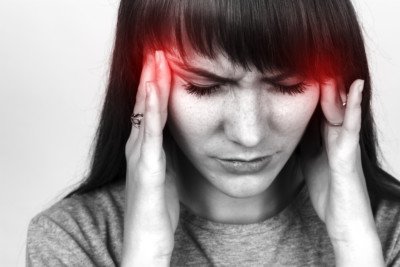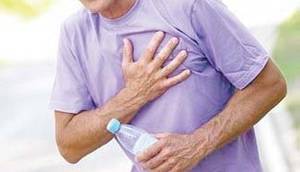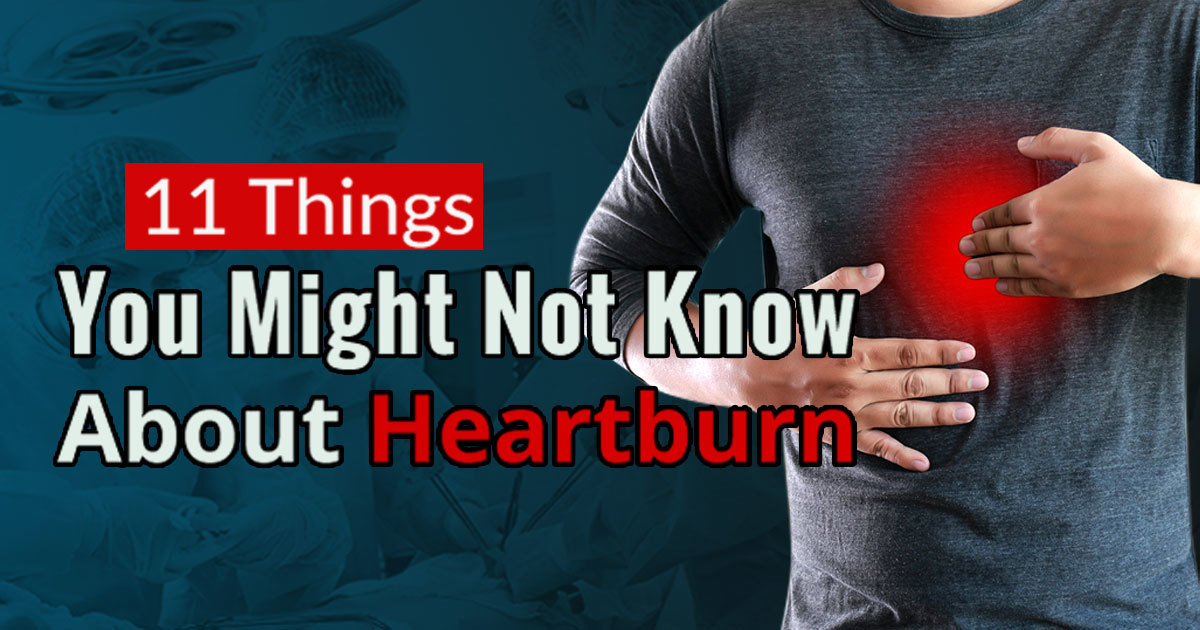

RehabilitationĪ doctor may prescribe a tailored exercise plan to help restore and maintain muscle function, strength, and flexibility. In cases where the muscle has become completely ruptured, a doctor may recommend surgery to repair the tear. Taking cough medicine can help stop coughing fits, minimizing further strain on the intercostal muscles. Sometimes, a pulled muscle in the chest is due to a persistent cough. Nonsteroidal anti-inflammatory drugs ( NSAIDs), such as ibuprofen, can help relieve pain and inflammation.įor severe or persistent pain, a doctor may prescribe stronger analgesics, muscle relaxants, or both to reduce painful muscle spasms. Use extra pillows when sleeping to keep the chest elevated.Ī doctor may recommend following the RICE procedure for the first 24–48 hours following the injury.
#Sudden sharp pain in chest that goes away quickly how to#
Ask a doctor or pharmacist for advice on how to wrap the bandage to prevent further injury. Compression: Wrap a compression bandage around the torso.Ice: Wrap an ice pack in a towel and apply it to the affected area for up to 20 minutes.Rest: Avoid strenuous activities, especially those that caused or contributed to the muscle strain.The usual treatment for a chest muscle strain is to reduce pain and swelling by following the “RICE” method: Share on Pinterest Avoiding physical activity can help aid recovery. In some cases, a person may need surgery to reattach the damaged muscle. Grade 3 (complete rupture of the muscle): A doctor may be able to feel a defect within the muscle during a physical examination. The injury may take between 2 and 3 months to heal fully. There is a significant loss of strength and motion. Grade 2 (more extensive damage): The injury has affected more of the individual muscle fibers, but the muscle is not completely ruptured. Recovery generally takes between 2 and 3 weeks. Strength and motion are minimally impaired. Grade 1 (mild damage): There is damage to fewer than 5 percent of the individual muscle fibers. If a muscle strain is the cause, a doctor will categorize the injury according to one of the following three grades, depending on its severity: People who are concerned about a pulled muscle in the chest or other chest pain should visit their doctor, particularly if they are unsure of the cause.Ī doctor will ask about their symptoms and medical history as well as any activities that may have caused or contributed to the pain. A PE may also cause the following symptoms: The most common cause is a blood clot.Ī PE stops blood from getting to the lungs and is, therefore, a medical emergency. a cough that produces green, yellow, or bloody mucusĪ pulmonary embolism (PE) refers to a blockage of the blood vessels within the lungs.Viruses, bacteria, and fungi can all cause pneumonia.Ī person with pneumonia may experience a sharp or stabbing pain in the chest, which worsens when coughing or breathing deeply. Pneumonia is an infection that causes the air sacs within the lungs to fill with fluid or pus. A person who suspects that they have pleuritis should visit a doctor, who will listen to their lungs using a stethoscope to make a diagnosis. Unlike a strained muscle, pleuritis may cause additional symptoms, such as fever and muscle aches. It is generally sharp, sudden, and increases in severity when taking a breath. Pleuritis can cause pain that feels like a pulled chest muscle.

A bacterial or viral infection is the most common cause. Pleuritis, or pleurisy, refers to inflammation of the lining of the lungs. These symptoms usually occur after physical exertion and go away after resting or taking medication.


The symptoms of stable angina are similar to those of a heart attack but may be shorter in duration, typically disappearing within 5 minutes. Angina pectoris occurs when there is not enough blood getting to the heart due to the narrowing or blockage of the arteries. Angina pectorisĪngina pectoris, or stable angina, is chest pain resulting from coronary heart disease. A person should call 911 or their local emergency number if they experience symptoms of a heart attack. Other symptoms of a heart attack include:Ī heart attack is a medical emergency. Pain may last for several minutes, and it may disappear and return in some cases. Usually, the pain begins in the center of the chest, and it may radiate outward to one or both arms, the back, neck, jaw, or stomach. A heart attack may cause a dull pain or an uncomfortable feeling of pressure in the chest. The pain of a heart attack differs from that of a strained chest muscle. Share on Pinterest A person having a heart attack may experience shortness of breath.


 0 kommentar(er)
0 kommentar(er)
